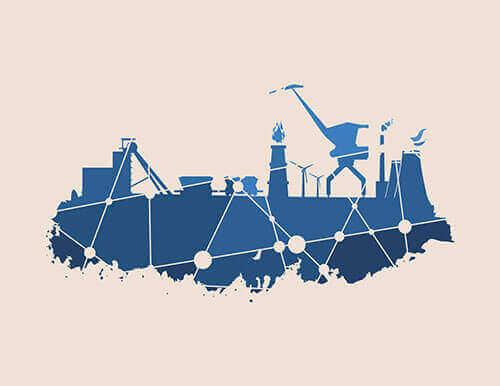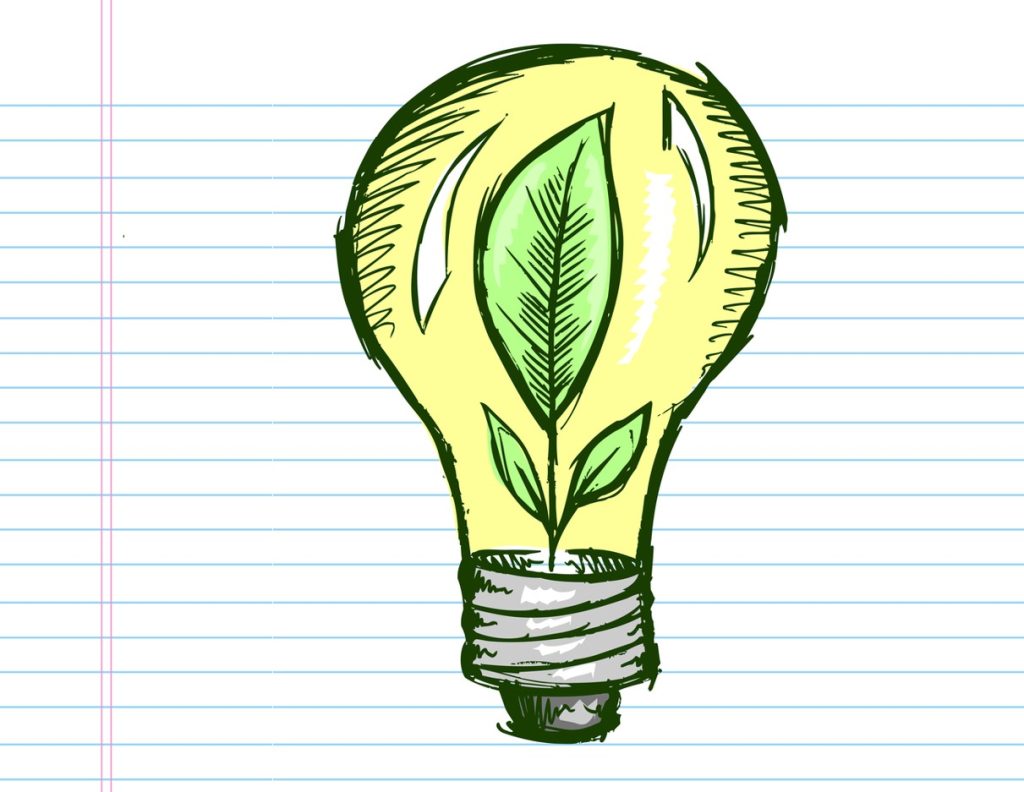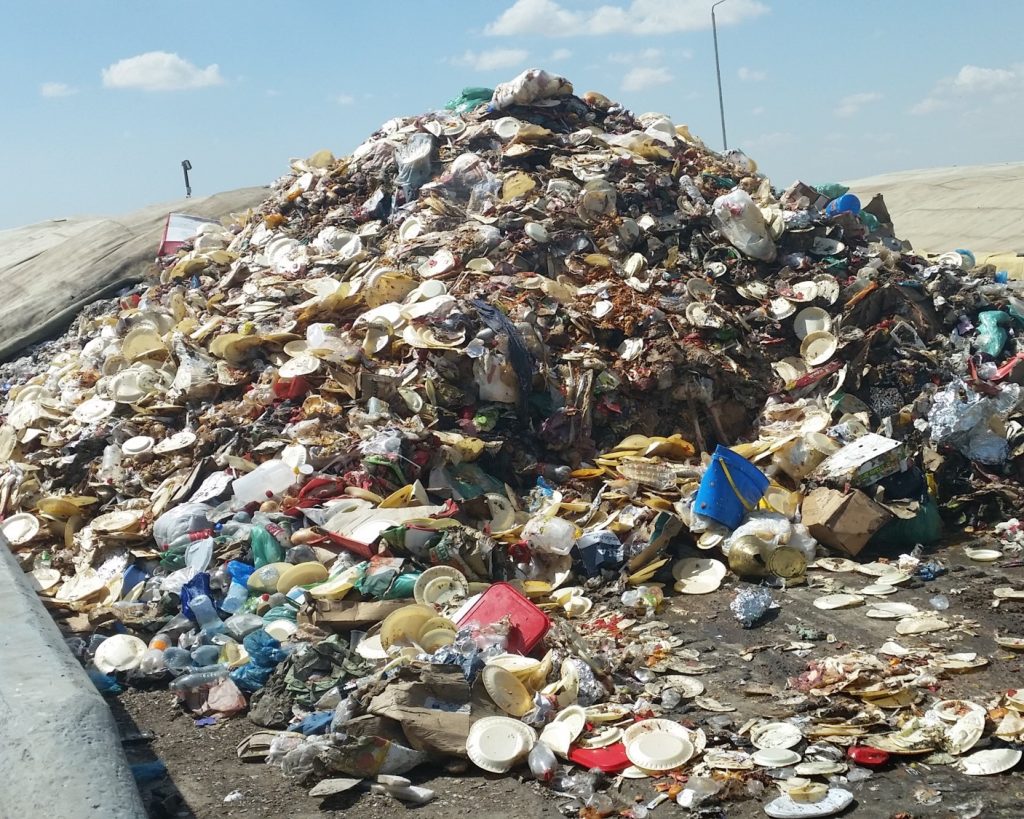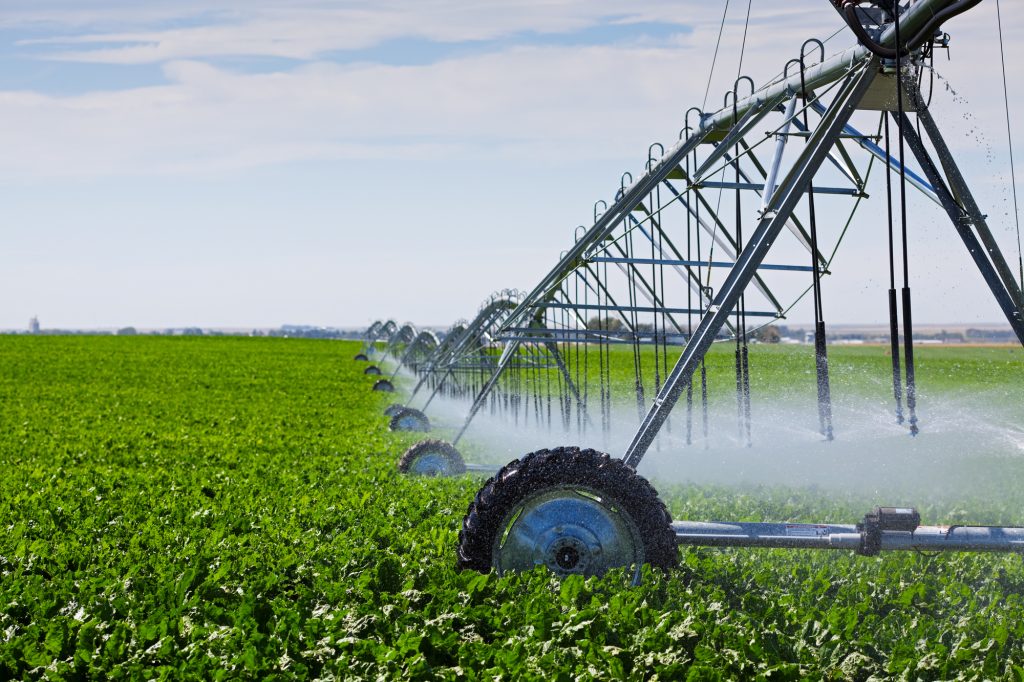Transportation

Samuel Neaman Institute’s publications in the field examine, among others, the environmental impacts of the various means of transportation and the policy required to reduce them, the benefits and barriers to integrating oil substitutes in the transportation sector, including, electric transportation, waste-based and bio-ethanol fuel substitutes, and the economic benefits of transportation projects such as road tunneling and more.
Natural Gas and Oil

Samuel Neaman Institute’s studies in this field address all aspects of the use of fossil fuels and also include a number of studies carried out for the Ministry of Environmental Protection and the Ministry of Energy to examine the environmental impacts of natural gas as a source of fuels for transportation.
Sustainable Developmentent

Samuel Neaman Institute’s publications in the field discuss the challenges and opportunities arising from a situation of lack of resources – land, energy, water, food and raw materials in industry. The studies present analyses of the existing situation, along with the potential for efficiency improvements and innovation and the leverage of Israeli Environmental R&D, agriculture and industry.
Innovation – Environmental Technologies

Samuel Neaman Institute’s publications indicate the necessary steps for the State of Israel to utilize the potential inherent in this market – both for improving the quality of life and the environment in Israel and for the opportunity to export knowledge and technologies and create jobs in the field. The works reflect the main trends in the world, map the uniqueness and relative advantage of the Israeli economy and shed light on the barriers facing entrepreneurs, investors and industries in Israel. In addition, the policy papers detail basic principles for designing a supportive policy.
Climate Change – Mitigation

Climate change attracts worldwide attention because of the environmental, economic and social implications. Samuel Neaman Institute’s studies in this field include means to reduce greenhouse gas emissions (mitigation) and their purpose is to describe and analyze emissions and provide a scientific basis for formulating national policies in various fields, including energy production, transportation, industry, construction, agriculture, water and more.
Waste Management

Samuel Neaman Institute’s studies examine the potential for reducing waste at source, reducing waste landfilling and developing processes that make the nuisance into a resource, both in the domestic sector and in the industry and agriculture sector. Practical policies and tools at the national and local government levels are suggested.
Agriculture and Environment

Samuel Neaman Institute’s publications examine various aspects of the field of agriculture in Israel, including the social contributions of agriculture; the possibilities for developing sustainable agriculture in conditions of scarcity; sustainable aquaculture; development and adoption of innovation and information technology in agriculture; issues in the management interface between agriculture and water, and more.
Scholarly Output in Israel: International Comparison of Scientific Publications

Bibliometrics is a type of research method that uses quantitative analysis and statistics to describe patterns of publications within a given field of literature. Alongside the peer evaluation method, bibliometrics is being used to evaluate the textual output of research (academic papers, patents), by measuring its productivity, quality and priority.
Indices for Science, Technology and Innovation in Israel and international comparison

At the beginning of the 21st century, the Samuel Neaman Institute identified the need to establish an infrastructure for advancing a systematic and ongoing process of forming national policy on Science, Technology, and Innovation (STI). The objective of this program is to improve the understanding of the STI system of Israel and to answer the question of how processes associated with the development of science, technology, and innovation contribute to increased knowledge, increased productivity, improved economic performance, professional employment, Sustainable developmentent, and social welfare. Understanding of the process is based on the collection, analysis, and correct presentation of the various relevant indices and on the analysis of trends as they change over time and in comparison with other countries.
R&D Outputs in Israel: Quality Characteristics of Distinct Inventions

The report is the third in a series of studies conducted by the Samuel Neaman Institute on Israeli patents. The first part of the study provides updated data on the scope and characteristics of inventive activity by Israeli applicants and inventors in various patent offices (ILPO, EPO, and the USPTO) and in the PCT track. The report presents trends in patent applications and granted patents according to sectoral attributions, examines Israel’s international cooperation in the field of inventive activity, and analyzes trends in cross-border patent ownership. The characteristics of foreign applicants at the Israeli Patent Office (ILPO) are also analyzed.
